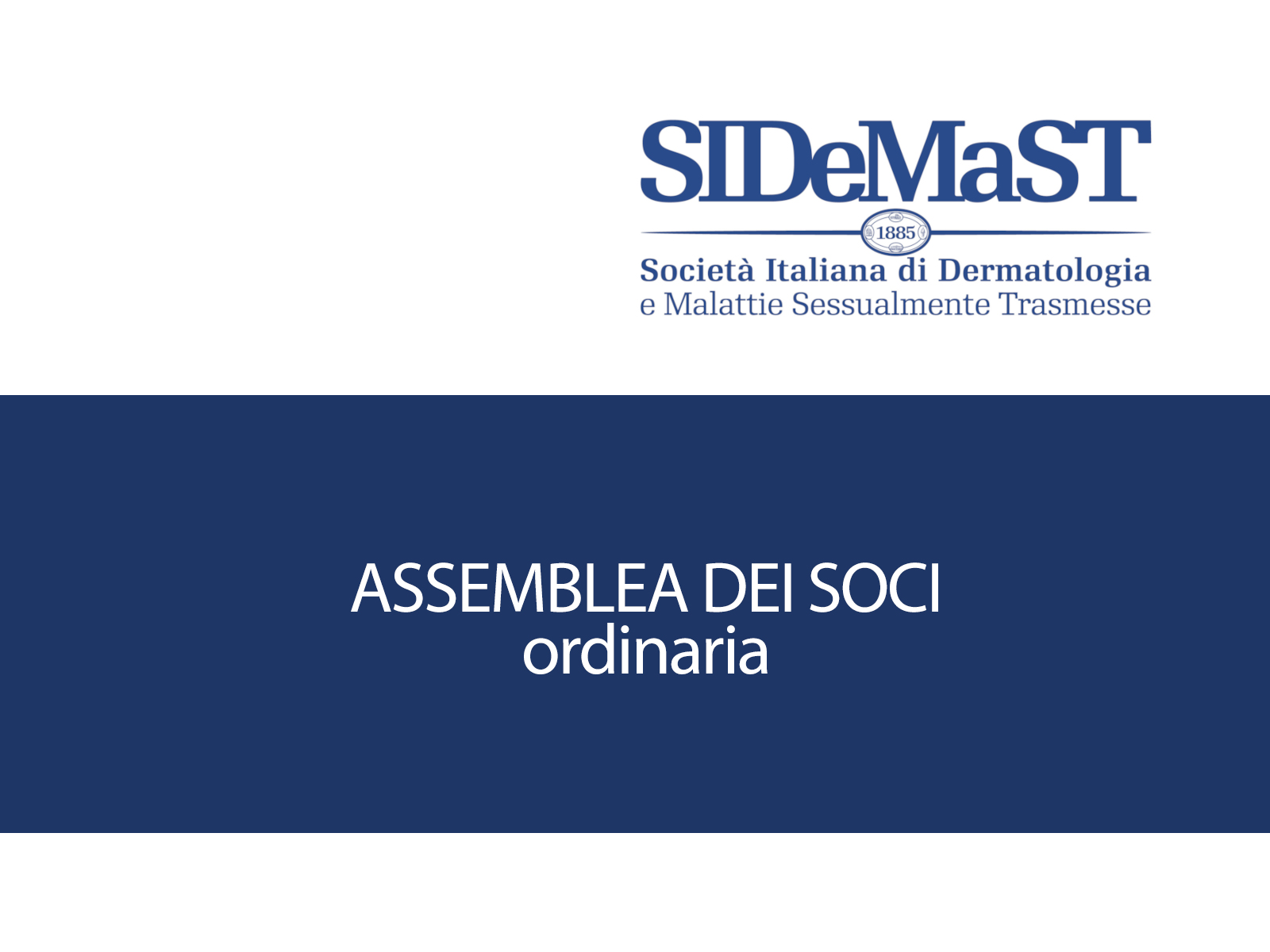Among men in Sweden, use phosphodiesterase type 5 (PDE5) inhibitors was associated with a modest but significant increased risk of malignant melanoma, according to a study published in the June 23/30 issue of JAMA.
PDE5 is part of a pathway that has been implicated in the development of malignant melanoma. This has raised questions whether PDE5 inhibitors used to treat erectile dysfunction (ED) may promote malignant melanoma.
Stacy Loeb, MD, New York University, New York, New York, and colleagues examined the association between use of PDE5 inhibitors and malignant melanoma risk. The study included data from the Swedish Prescribed Drug Register, the Swedish Melanoma Register, and other health care registers and demographic databases in Sweden.
Of 4,065 melanoma cases, 435 men (11%) had filled prescriptions for PDE5 inhibitors (sildenafil, vardenafil or tadalafil), as did 1,713 men of 20,325 controls (8%).
Analysis indicated a modest but statistically significant increased risk of melanoma in men taking PDE5 inhibitors. The most pronounced increase in risk was observed in men who had filled a single prescription, but was not significant among men with multiple filled prescriptions.
PDE5 inhibitors were significantly associated for low-stage but not for high-stage melanoma. PDE5 inhibitor use was also associated with an increased risk of basal cell carcinoma (9% for cases vs 8% for controls).
The associated increased risk was similar for short and long-acting PDE5 inhibitors; risk estimates were similar for sildenafil, vardenafil or tadalafil.
The authors note that overall, the pattern of association raises questions about whether this association is causal.
"Rather, the observed association may reflect confounding by lifestyle factors associated with both PDE5 inhibitor use and low-stage melanoma," the authors wrote.







